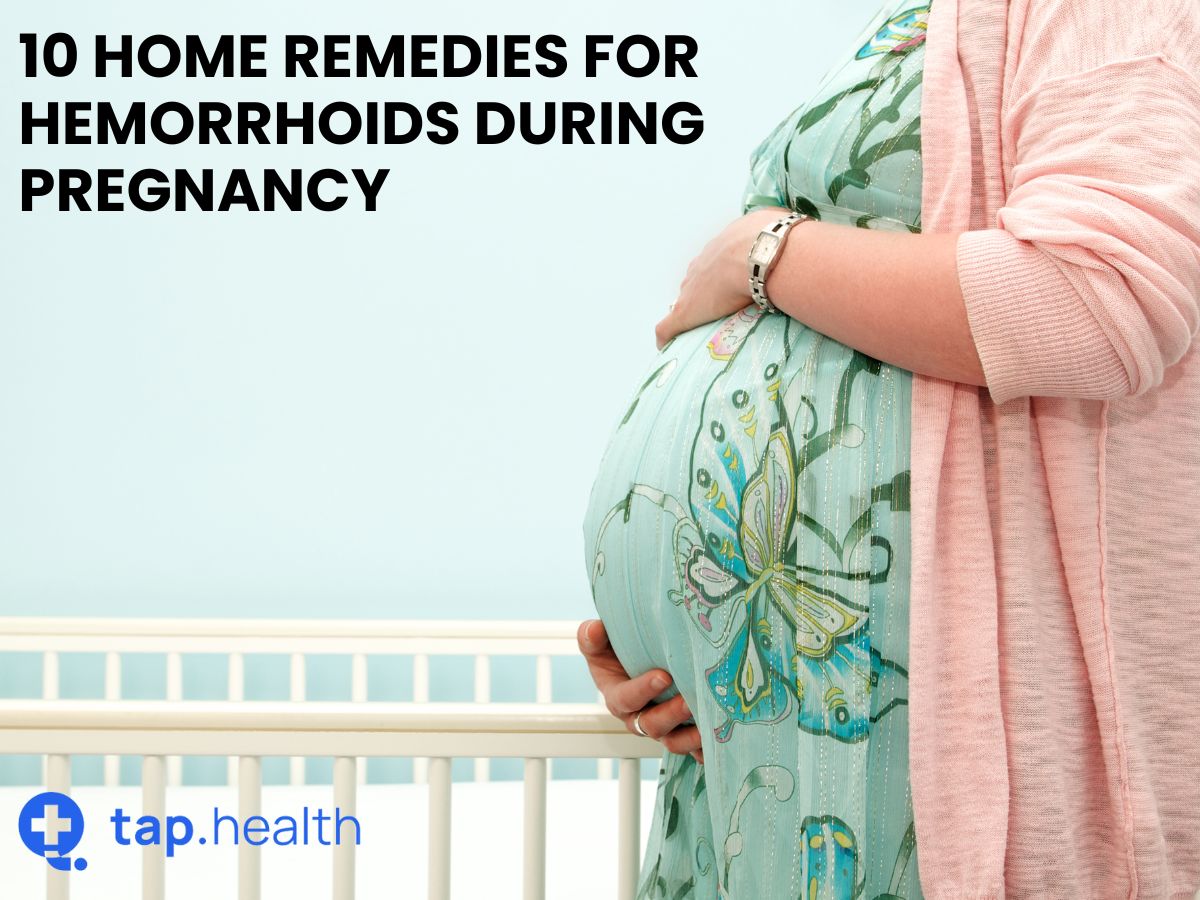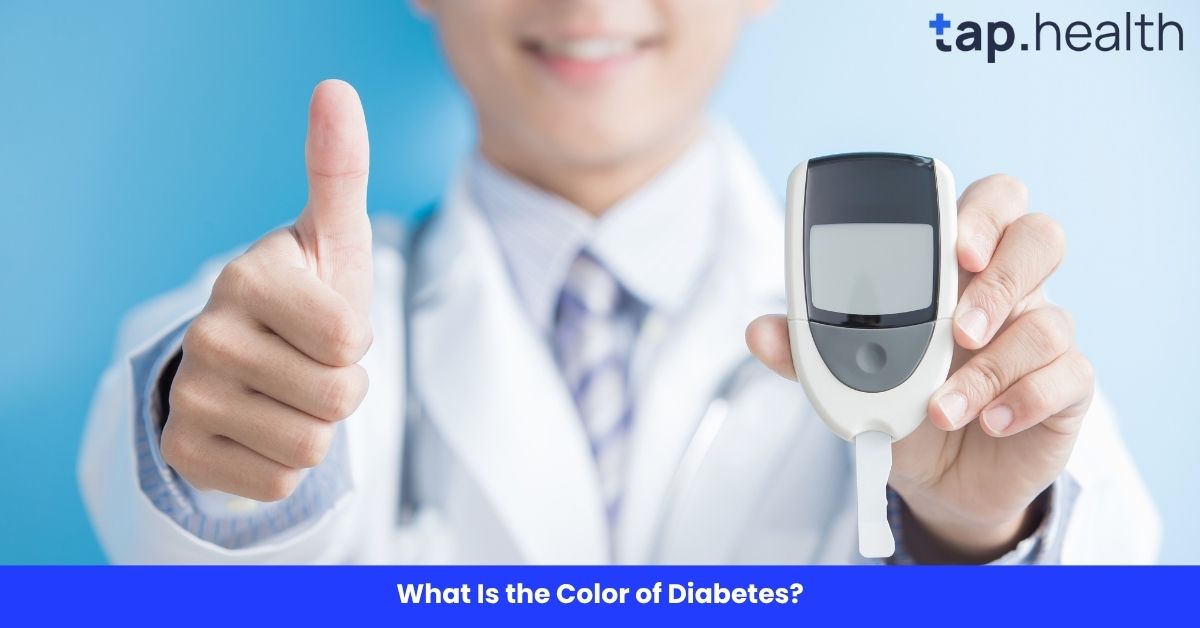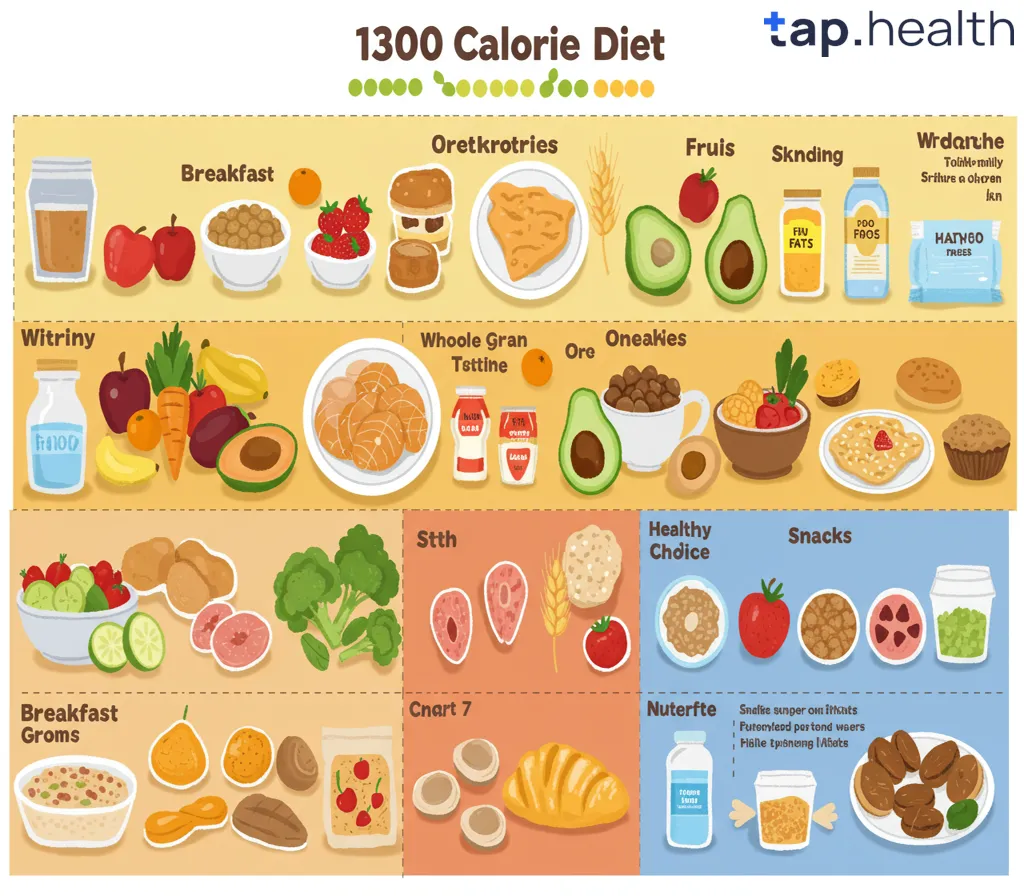Hemorrhoids, or piles, are a common discomfort for many pregnant women, causing pain, itching, and swelling. Fortunately, there are natural remedies to ease these symptoms without relying heavily on medications. This blog explores the causes, symptoms, and 10 safe home remedies for hemorrhoids during pregnancy, along with guidance on when to seek medical help.
What Causes Hemorrhoids During Pregnancy?
Hemorrhoids during pregnancy stem from several physiological changes:
- Increased Blood Volume: The body produces more blood to support the fetus, increasing pressure on pelvic veins.
- Hormonal Shifts: Progesterone relaxes blood vessel walls, making them prone to swelling.
- Constipation: Hormonal changes and uterine pressure slow digestion, leading to straining during bowel movements.
- Uterine Pressure: The growing uterus compresses rectal veins, causing swelling.
- Weight Gain: Extra weight adds pressure to pelvic veins, exacerbating hemorrhoids.
Common Symptoms of Hemorrhoids in Pregnancy
Hemorrhoids can manifest through:
- Pain and Discomfort: Especially during bowel movements or prolonged sitting.
- Itching and Irritation: Swollen veins cause an itchy sensation.
- Swelling: Lumps may form around the anus.
- Bleeding: Small amounts of blood may appear on toilet paper or in the stool.
- Mucus Discharge: Some women notice mucus from the anus.
10 Natural Home Remedies for Hemorrhoids During Pregnancy
Here are 10 safe and effective remedies to manage hemorrhoids during pregnancy:
1. Warm Sitz Baths
Soaking in a warm sitz bath for 10–15 minutes, 2–3 times daily, reduces swelling and soothes pain. Fill a bathtub with a few inches of warm water and sit comfortably.
Why It Works: Warm water improves blood flow and relaxes the anal area, reducing inflammation.
2. Cold Compresses
Applying a cold compress or ice pack wrapped in a cloth to the affected area for 10 minutes can numb pain and reduce swelling.
Why It Works: Cold therapy constricts blood vessels, minimizing swelling and discomfort.
3. Witch Hazel
Witch hazel, a natural astringent, reduces inflammation and soothes irritated skin. Apply witch hazel pads or liquid to hemorrhoids 2–3 times daily.
Why It Works: Its anti-inflammatory properties shrink swollen veins and relieve itching.
4. Aloe Vera
Pure aloe vera gel, known for its anti-inflammatory and soothing properties, can be applied directly to hemorrhoids for relief.
Why It Works: Aloe reduces swelling and calms irritated skin, promoting healing.
5. High-Fiber Diet
Incorporate fiber-rich foods like fruits (apples, pears), vegetables (broccoli, carrots), and whole grains (oats, quinoa) to soften stools and ease bowel movements.
Why It Works: Fiber prevents constipation, reducing straining that worsens hemorrhoids.
6. Stay Hydrated
Drink 8–10 glasses of water daily to keep stools soft and prevent constipation.
Why It Works: Proper hydration supports digestion, making bowel movements easier and less irritating.
7. Kegel Exercises
Perform Kegel exercises 2–3 times daily to strengthen pelvic floor muscles and improve circulation in the rectal area.
Why It Works: Enhanced blood flow reduces vein swelling and prevents hemorrhoid formation.
8. Avoid Prolonged Sitting
Take breaks every 30–60 minutes to stand, stretch, or walk, reducing pressure on rectal veins.
Why It Works: Movement alleviates vein compression, preventing worsening of hemorrhoids.
9. Proper Hygiene
Use gentle, unscented wipes or warm water to clean the anal area after bowel movements, avoiding harsh soaps or dry toilet paper.
Why It Works: Gentle cleansing prevents irritation and infection in the sensitive area.
10. Coconut Oil
Apply coconut oil to hemorrhoids to reduce inflammation and soothe irritation.
Why It Works: Its moisturizing and anti-inflammatory properties calm swollen tissues.
When to Seek Medical Help for Hemorrhoids
While these remedies are effective, consult a healthcare provider if you experience:
- Severe Pain: Persistent or intense pain unrelieved by home treatments.
- Heavy Bleeding: Significant blood or clots in the stool.
- Persistent Symptoms: Symptoms lasting over a week despite remedies.
- Infection Signs: Fever, redness, or pus around the hemorrhoids.
- Prolapsed Hemorrhoids: Hemorrhoids that protrude and don’t retract.
FAQs About Hemorrhoids During Pregnancy
1. Are hemorrhoids dangerous during pregnancy? Hemorrhoids are generally not dangerous but can cause significant discomfort. Severe cases may require medical attention.
2. Can hemorrhoids affect my baby? No, hemorrhoids are a maternal issue and do not impact the baby’s health.
3. Are over-the-counter creams safe for hemorrhoids in pregnancy? Some creams are safe, but always consult your doctor before using any medication during pregnancy.
4. Can diet alone prevent hemorrhoids? A high-fiber diet and hydration significantly reduce the risk by preventing constipation, though other factors like pressure may still contribute.
5. How long do hemorrhoids last during pregnancy? Many improve after childbirth, but some women may need ongoing management during pregnancy.
Tips for Preventing Hemorrhoids During Pregnancy
- Stay Active: Light exercise like walking improves circulation and reduces vein pressure.
- Elevate Feet: Use a stool during bowel movements to reduce straining.
- Sleep on Your Side: This reduces pelvic pressure compared to sleeping on your back.
Conclusion
Hemorrhoids during pregnancy are uncomfortable but manageable with these 10 natural remedies, from warm sitz baths to a high-fiber diet. By understanding the causes—such as hormonal changes and constipation—and adopting these safe solutions, you can find relief and improve your comfort. Always consult a healthcare provider for persistent or severe symptoms to ensure safe and effective treatment.



